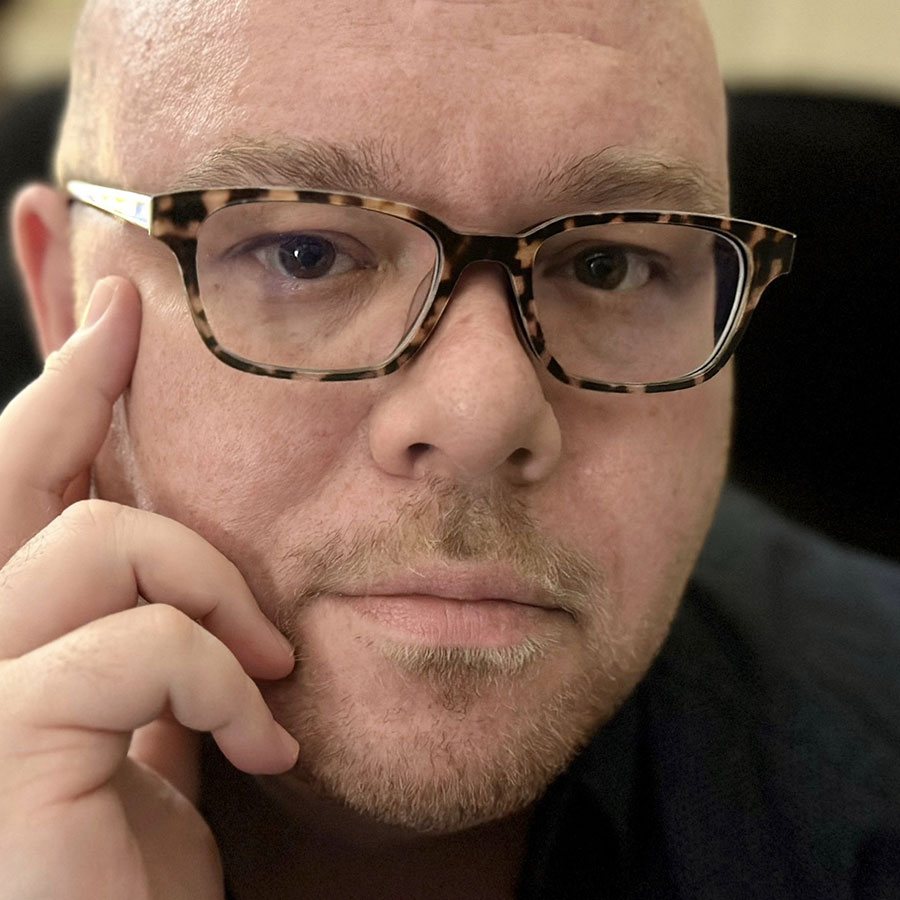
I am the real Church.
I don’t care about status or wealth.
I don’t care about what clothes you wear.
I don’t care about your past.
I care about you, and about what is important to you.
I’m a great listener.
It’s not my place to judge you—just to love you.
I pray for you.
When you hurt, I hurt too.
When you are happy, it gives me joy!
I am excited about worshipping with you!
I want to be a good example for you and your family.
I want your friendship—actually, I need it!
I consider your friendship a gift from God.
I live to serve you. I don’t think that’s “someone else’s job.”
You are always welcome in my home.
When I miss you, it’s because you are important to me.
Even if we don’t always agree, I still value your opinion.
I’m not perfect.
When I mess up, my apologies are real, and I will do everything in my power to make it right again.
The most important thing I can ever tell you is “Jesus loves you!”
I wasn’t always this way. Jesus changed me.
I want you to have the same joy I have in Jesus.
I am the real Church…I want you to be too!
Backstory
I wrote the above statements in July of 2015 when I was in the midst of great turmoil serving as the pastor of a small institutional church.

The aging congregation had a decades-long history of extremely short pastor tenures. Indeed, my call to that local body began amid scandal, as my immediate predecessor was arrested for online solicitation of a minor after serving as pastor less than a year. A vocal contingent of church members were fans of my predecessor despite his misconduct; one remarked how it “was a shame he got caught.” Despite conventional wisdom warning against making any major changes early in the pastor/church relationship, I acted upon my denomination’s emphatic mandate to prioritize child safety.
Boom and Bust
Three years into serving at that church, we were growing despite great internal conflict. Perhaps one of the most challenging aspects of the ministry became the clash between legacy members who had spent decades controlling every word said or done within the walls of the church and new, younger, unchurched individuals and families we were discipling.

I remember how one power broker would make shushing noises resembling a leaky air compressor every time anyone under eighteen entered a service late. It seemed like she assumed any child would make noise, and once I even watched her slam her Bible shut and exhale loudly in disdain.
The church was changing. Rather than just white Republicans dressed in their Sunday best, we were a family whose lives were transformed by Jesus. Some of us had struggled with addiction; many were single parents. We were feeding the hungry, clothing the naked, housing the homeless, comforting the sick, and visiting those in jail and prison.
It wasn’t about attendance or who gave how much offering, but about sharing our lives—and Jesus—with one another. More importantly, it wasn’t just me and my family, but pretty much everyone we had connected with over the past three years.
Programs still continued, but were primarily populated by legacy members. Many of them were fed up with their church looking and feeling different than how it had for the preceding several decades. Though the major complaints concerned visible tattoos and music volume, there was a lack of fellowship and a lot of hurtful gossip, especially about me and my children.
Finally one of the members who found me and our newer members most objectionable decided to leave, and took eighty percent of regular givers with him. Though I was well aware of what financial difficulty laid ahead, we were a small but healthy family of disciples who loved others with the love of Christ.
Life Transformation
As I sat down to write the “I Am the Real Church” statement, I realized what was different. My doctrine had not changed, but serving under constant conflict created within me and those who were left a spirit that was devoted to kingdom, not corporate interests. More important than serving as the CEO of a faith non-profit, my role as pastor was to equip and empower others to serve Jesus any and every way possible. And I wasn’t alone.
Our hands were often dirty.

/Pixabay
Not every legacy member left; one great grandmother in her late eighties was so enthusiastic, year after year, she sat in Texas heat with thousands of pumpkins scattered across the whole church campus when we hosted the only pumpkin patch in town. Our teens came together to shop and bundle together a ready to make meal to several families in the community who did not have means to regularly have food. It wasn’t a ploy to get anyone to come to services—they just provided what was needed to hungry people.
One Christmas day, I remember my wife and I leaving the house in the darkest hours of the morning to sit in a bare hotel room with a meth addict who needed us. We whispered to the kids, “we will see you when we see you.” One person stayed up with a suicidal young man, drinking gallons of coffee through the night at Whataburger just to be where Jesus would be.
Everyone was there for each other, and together we found something that was not there when I had arrived: Hope.
Love Never Fails
Though the leader who originally assigned me to the church believed in me greatly, I understood that the road ahead would be tough. I had no idea how tough. But it was when our financial resources were slim and life was very, very hard that hope bloomed among us, and we truly became the church. It had nothing to do with attendance or scheduled services. It didn’t matter how many buildings were on our campus, or even what we called the church.

/Pexels
Like a flower that fades, the seeds that were spread will outlive the church on the corner. The hope we discovered was not in whether we would be able to “keep the doors open” but in Jesus becoming a presence in the lives and hearts of those in our community.
The real church doesn’t have a building or a bank account. Pulpits, music, and even pastors are not what is required. Even the gates of hell cannot prevail against the church, because love never fails.
To love one another with the unconditional love of Christ is the church. Anything more is organization—not necessarily bad, but not essential—and anything less is either a social club or legalism.
The journey isn’t elegant or even popular, but you will never regret it. The only legacy worth keeping alive is love.














